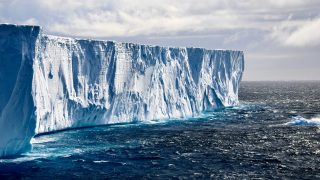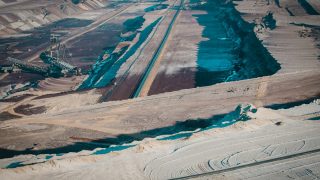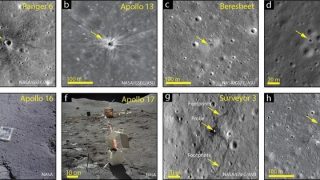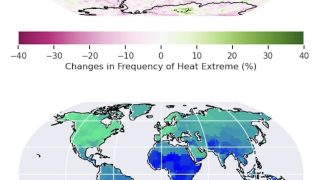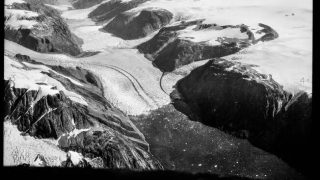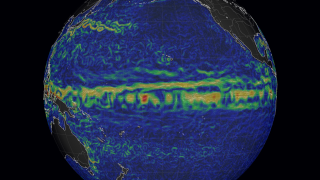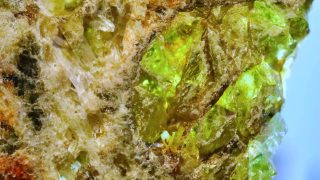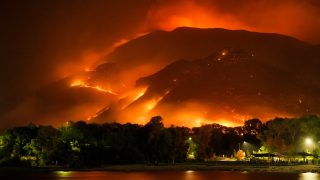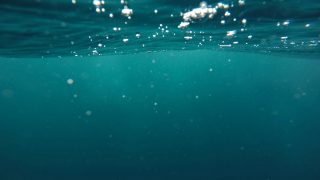
How the oxygenation of the oceans took place
About 2.5 billion years ago, free oxygen, or O2, first started to accumulate to meaningful levels in Earth’s atmosphere, setting the stage for the rise of complex life on our evolving planet. Scientists refers to this phenomenon as the Great Oxidation Event, or GOE for short. But the initial accumulation of O2 on Earth was […]
